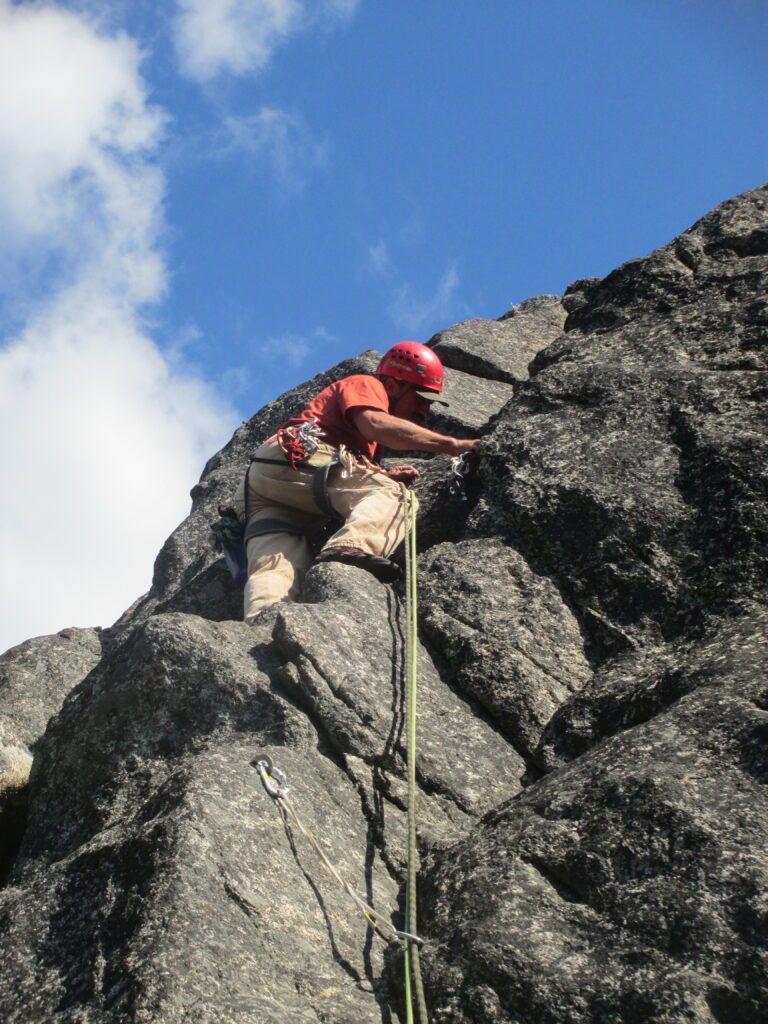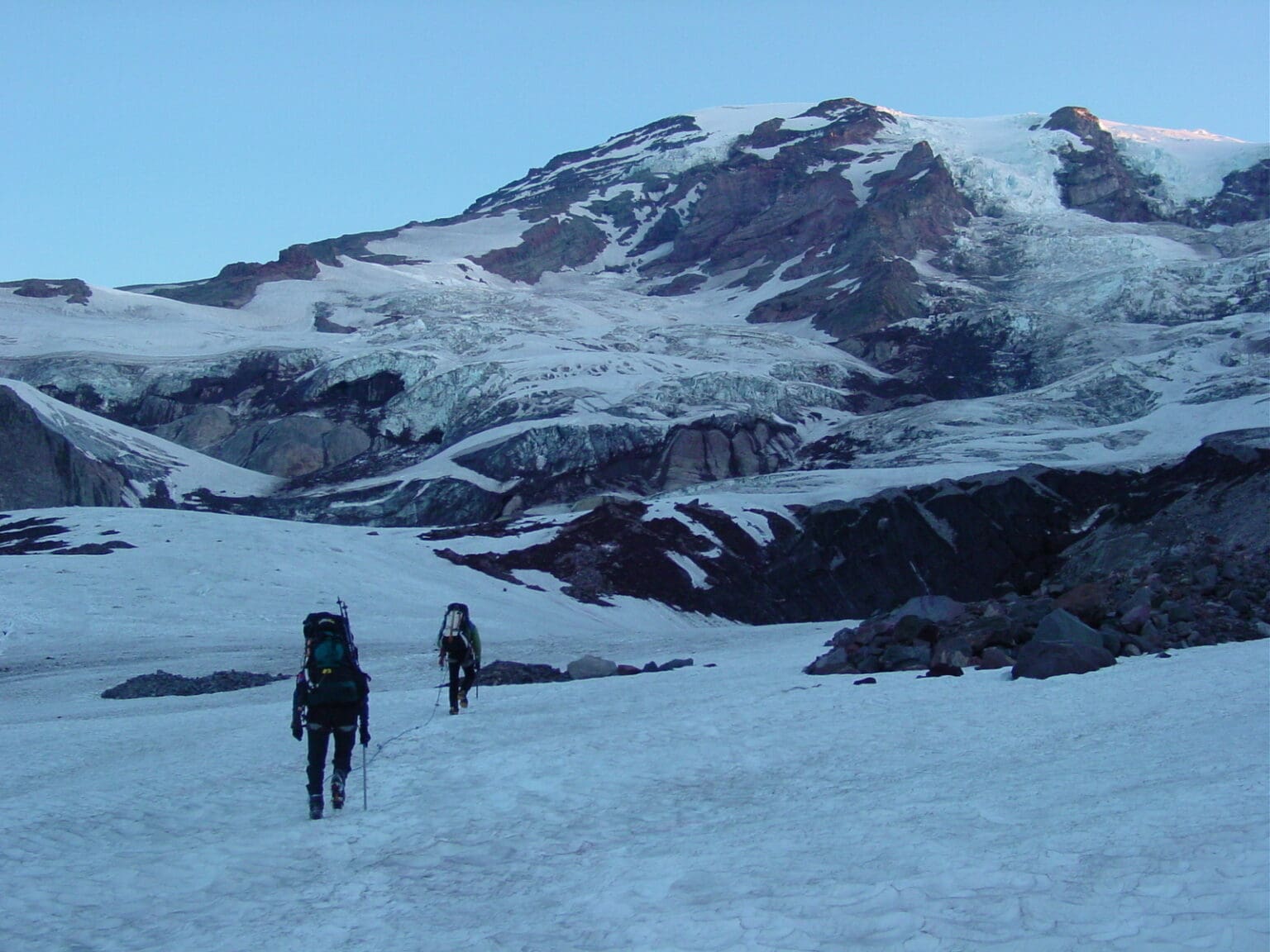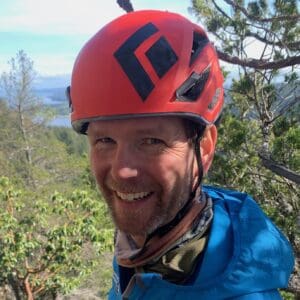The ongoing partisan battles in Washington, D.C., have an impact on all Americans. The purpose of Congress is to legislate, but these never-ending skirmishes between lawmakers in our divided Congress diminish the ability to pass legislation, and that impacts people from all walks of life — including those who care about outdoor recreation.
For several years I’ve worked with the Coalition for Outdoor Access to advocate for recreational access on public lands. The heart of our legislative work has been on the Simplifying Outdoor Access for Recreation (SOAR) Act.
Facilitated groups are required to hold permits to legally operate on public lands. However, the current system is underfunded and cumbersome.
Permit applications, rules, fees and deadlines are inconsistent. And when there are questions, it is often difficult to get answers, as there is a lot of turnover in permit administration and these positions often only make up a small part of a federal land manager’s responsibilities. The SOAR Act would streamline commercial and not-for-profit permitting on federal lands, making it easier for these groups to operate.
The earliest iterations of the act appeared in 2015 under a different title. Over the years, as constituencies provided feedback, the language within the bill improved. But in each Congress, the act ultimately got stuck. It never made it onto the floor for a full vote.
On Nov. 19, Congressman Bruce Westerman (R-AR) and Congressman Raúl Grijalva (D-AZ) introduced the Expanding Public Lands and Outdoor Recreation Experiences (EXPLORE) Act. This act ties several bills together under one heading. In addition to SOAR, EXPLORE features four other key aspects:
Biking on Long Distance Trails (BOLT) Act
Ten long-distance bike trails will be identified, supported and preserved by the U.S. Department of the Interior. Ten additional areas will be identified where trails could be constructed, and each of these trails will be 80 miles or longer.
Among others, some of the current trails under consideration include the Great Divide Mountain Bike Trail that runs from Canada to Mexico, the Ouachita National Recreation Trail in Arkansas, the High Country Pathway in Michigan and the Bonneville Shoreline Trail in Utah.
Protecting America’s Rock Climbing (PARC) Act
In recent weeks, a new interpretation of the 1964 Wilderness Act has put the fixed anchors used by rock climbers at risk. The new interpretation would make most routes on Yosemite’s El Capitan illegal, as well as many routes in Washington State.
The PARC Act will affirm the appropriateness of climbing on public lands and in the wilderness. It will also provide national-level guidance on the maintenance and placement of anchors. This will ensure climbers will continue to have safe and sustainable access.

Makes the Federal Interagency Council on Outdoor Recreation (FICOR) Permanent
The Biden Administration developed FICOR in 2022. The goal of this was to elevate recreation within the different land management agencies. It allows businesses to coordinate with managers and to help them develop policies that will provide more recreation opportunities to the public. It also allows individuals and businesses to identify challenges and opportunities in the outdoor recreation sphere.
Makes the Outdoor Recreation Legacy Partnership (ORLP) Permanent
Established in 2014, the ORLP program is a grant program that was designed to provide aid to disadvantaged, often urban, communities that don’t have easy access to outdoor recreation. Funds may be used to develop green spaces, renovate public parks and facilitate access to other outdoor recreation spaces.
The EXPLORE Act is expected to go through a mark-up process in January. This is when hearing testimony is considered and there are opportunities to add amendments. It is assumed that this will go well as this work has been taking place for years.
The EXPLORE Act is the House companion to the Senate’s America’s Outdoor Recreation (AORA) Act, which was introduced in March. Though there are minor differences, both documents are bipartisan and are good for outdoor recreation and the environment.
There is a belief in Washington, D.C., that nothing ever gets done in an election year. This belief is compounded by the fact that we have a divided Congress, populated by lawmakers who often see one another as enemies instead of colleagues.
These complications make it difficult for legislation to make it through, but not impossible. In the conservation and recreation sphere, the Dingell Jr. Conservation, Management, and Recreation Act of 2019 made it through under similar circumstances.
Is it possible given the current dysfunction that this needle can be threaded again? Outdoor recreation is popular with everyone, Republicans and Democrats alike. But the question is whether is it also popular enough with lawmakers that it can cut through the chaos.
Jason Martin’s outdoors column appears monthly. Email: jason@alpineinstitute.com. Threads: @OutdoorPolitics.





